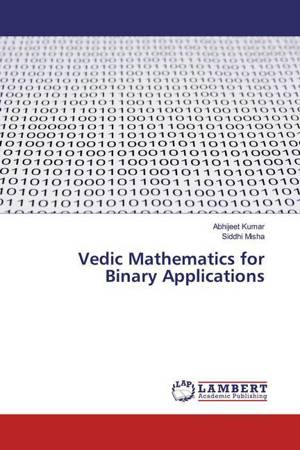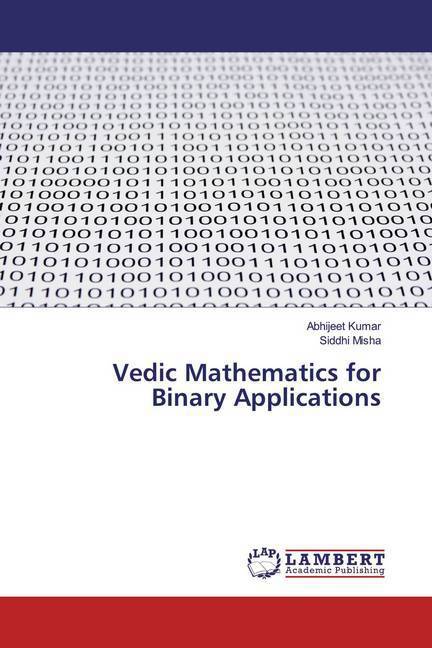
- Afhalen na 1 uur in een winkel met voorraad
- Gratis thuislevering in België vanaf € 30
- Ruim aanbod met 7 miljoen producten
- Afhalen na 1 uur in een winkel met voorraad
- Gratis thuislevering in België vanaf € 30
- Ruim aanbod met 7 miljoen producten
Zoeken
€ 39,45
+ 78 punten
Omschrijving
Conventional 24x24 multiply architectures are implemented in floating point multipliers using array multipliers, redundant binary architectures( Pipeline Stages), modified booth encoding, a binary tree of 4:2 Compressors (Wallace tree) and modified carry save array in conjunction with Booth's algorithm. There are number of problems associated with tree and array multipliers. Tree multipliers have many problems like shortest logic delay but irregular layouts with complicated interconnects, irregular layouts not only demand more physical design effort, but also introduce significant interconnect delay. Similarly, array multipliers has also some drawbacks associated with them such as they have larger delay and offer regular layout with simpler interconnects. Also significant amount of power consumption as reconfigurability at run time is not provided according to the input bit width. In order to remove the above problems, Urdhvatriyakbhyam algorithm of ancient Indian Vedic Mathematics is utilized. Simulation of 32-bit Floating Point Multiplier and application of Vedic Mathematics is an important part of this dissertation.
Specificaties
Betrokkenen
- Auteur(s):
- Uitgeverij:
Inhoud
- Aantal bladzijden:
- 52
- Taal:
- Engels
Eigenschappen
- Productcode (EAN):
- 9783659543302
- Uitvoering:
- Paperback
- Afmetingen:
- 150 mm x 220 mm

Alleen bij Standaard Boekhandel
+ 78 punten op je klantenkaart van Standaard Boekhandel
Beoordelingen
We publiceren alleen reviews die voldoen aan de voorwaarden voor reviews. Bekijk onze voorwaarden voor reviews.











